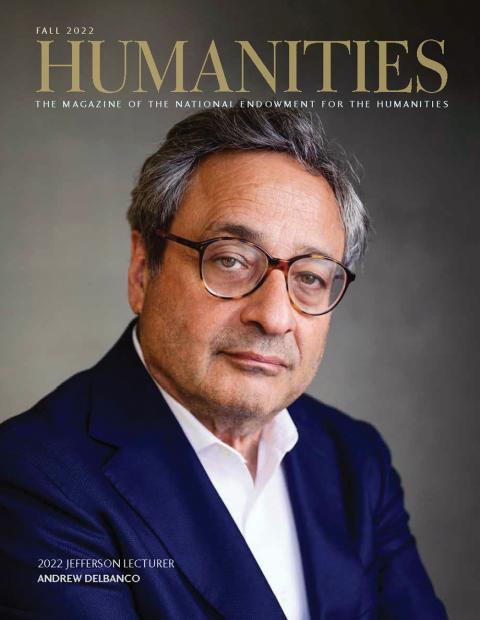Aiko Yamashiro of the Hawai‘i Council for the Humanities is curled up in a conference room chair at the council’s office in folksy Kaimuki, just inland of Diamond Head, and has shucked her shoes in local fashion. The scholar of Hawai‘i literature acknowledges that the word “humanities” can be problematic. Musing on this, she murmurs the council’s motto: “Nā Mana Wai Pio ‘Ole E Ho‘ōla Ana I Ka ‘Āina” (The many sources of water make the land live).
The motto—conceived by the late scholar and respected elder Mary Kawena Pukui—says a lot about the council, and how Yamashiro views it.
In keeping with the Hawaiian language’s poetic nature, water—which makes and destroys, nourishes and carries, spreads and retreats—serves as a metaphor for what is vital to all life.
At a recent forum on a contentious water contamination crisis, the attendees didn’t attempt to place blame or even find solutions. The participants wrote a poem together, one written at a civic problem. This way of writing a poem at a problem, so to speak, follows in long Native Hawaiian traditions of mele (song) and oli (chant).
The poet in Yamashiro—her doctoral dissertation focused on community-building through writing poetry—is particularly excited about two council projects, one just completed and another in planning.
In 2020 and 2021, a collaboration called Why It Matters comprised a series of online programs on civic and electoral participation. The effort included deep-dive conversations with everyone from teens to elders in partnership with the King Kamehameha V Judiciary History Center; workshops for educators on the history of women’s suffrage; creation of videos by youth leaders and conversations with writers and musicians about civic engagement through art; and the presentation of a web-based play in which youth portrayed Hawaiian citizens who vigorously opposed Hawaiian annexation through “Kū‘ē Petitions”—cris de coeur about their land, their culture, and their right to independence.
This year, a council focus is the creation of, with the Hawai‘i state legislature’s cooperation, a new state poet laureate position. The council will partner with the State Foundation on Culture and the Arts and the Hawai‘i State Library system. The laureates, serving for three years, will be dedicated to working in Hawai‘i and “committed to a vision of poetry in unexpected places for people who might not think of themselves as poets, to poetry’s power to connect and change people’s lives for the better.” Events will build on the islands’ long understanding of the central place of oli and mele.
“We have strong models here: kuleana (responsibility for land division, by extension—civic duty) and malama (commitment to caring for environment and each other),” she said.
Yamashiro is not Native Hawaiian but is inspired by the values she has learned from that community. Her quiet passion for what the council is and can be comes from the na’au (the gut, analogous to the Western heart). It’s what drives her.
Recently, Yamashiro, who is of Okinawan, Japanese, and CHamoru (Guamanian) descent, began studying Okinawan folk dance. At first, this was merely a way of learning more about something she used to share with her grandmother: acting out traditional stories in ritualized obon festival dance events.
Further study added a deeper dimension to her understanding of how the humanities enrich our lives.
“I am a word person,” she said with a laugh, “and, dancing, I can’t talk!” At first, she thought the point was performance.
She has learned, however, that the making of art “is about revealing, not acting, digging more deeply, being more honest, reaching for something you don’t even know, giving your all, recognizing that state of honesty and growth.”
That state—a place of attention, wonder, and possibility, eager to receive—is what she strives for in council programing.
In 2021, for example, the agency hosted 34 community conversations in a series called “Try Think”: a Pidgin English phrase in which “try” implies “what if we” or “why don’t we” or “let’s.” Questions—oddball, surprising, a bit off-kilter—are posed to participants. There were no right or wrong answers, no stated outcome.
The hope is that one will “try think” in their own circles, thereby arriving at breakthroughs.
“You do feel you’re arguing against this idea that the humanities are esoteric, fluffy, not important in a crisis,” Yamashiro says. Indigenous ways of thinking take a different tack. The council’s audience of Hawaiians, multicultural locals who built a culture from first-generation roots, and more recent Filipino and Pacific Islander arrivals have feet in many philosophies.
When these diverse peoples hear and tell their own stories, says Yamashiro, the result is “empowerment, connection, and transformation. And that’s a really exciting power to offer.”


